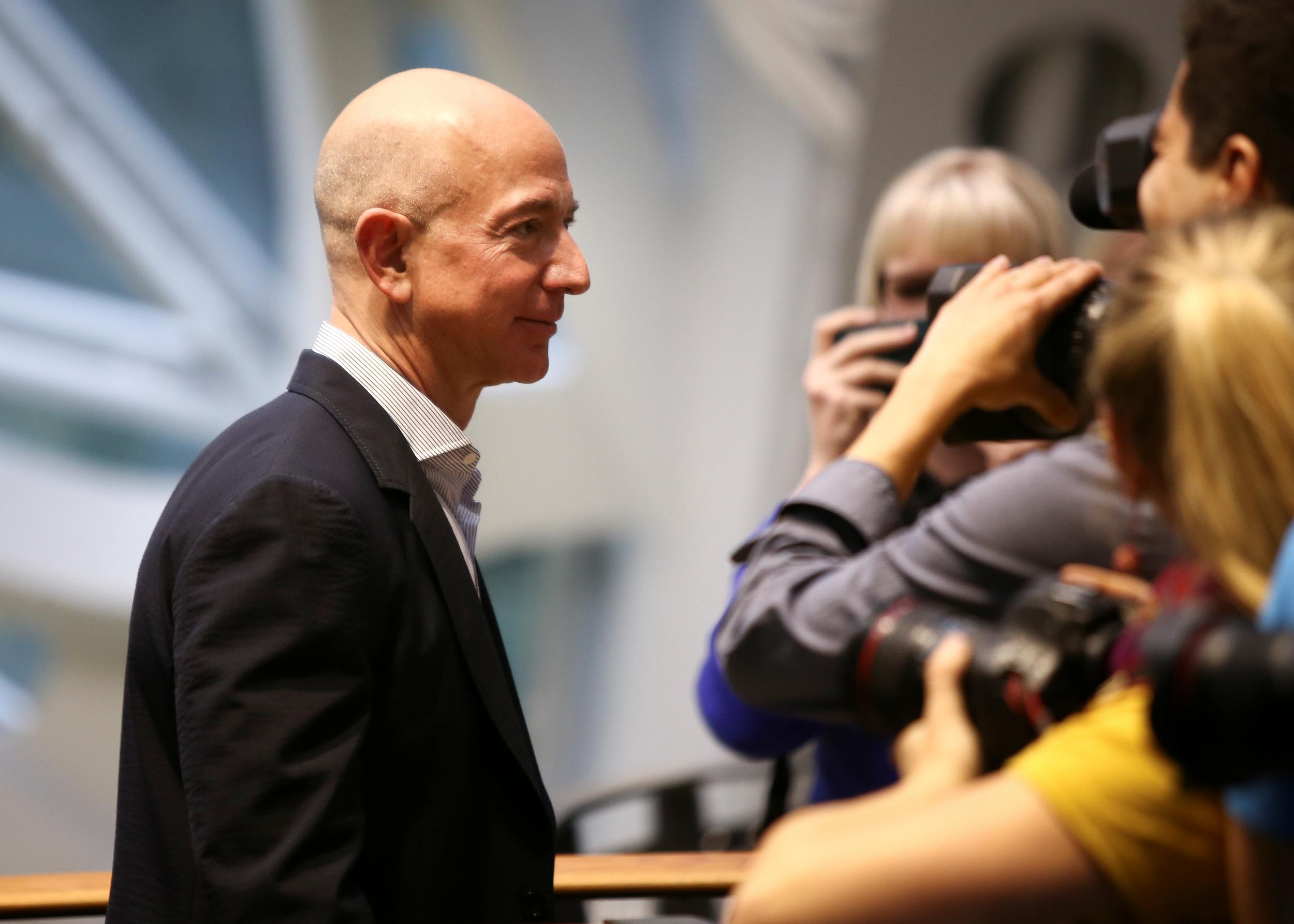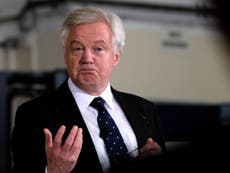Why Amazon and JPMorgan are teaming up to disrupt American healthcare
The reputations of these companies are huge. That they should combine shows that big companies are dissatisfied with the provision of healthcare in the US


Sometimes, not very often, there is a news story that makes you sit up and think: wow, this is going to change the world. And so it was on Tuesday, when Amazon, Berkshire Hathaway and JPMorgan Chase announced they had agreed to join forces to create an independent healthcare system for their US employees.
It is headline stuff because it brings together the world’s richest person (Jeff Bezos), the most-admired US investor (Warren Buffett) and the head of its largest bank by assets (Jamie Dimon). Bezos understands logistics, Buffett understands insurance and Dimon understands money. Together they ought to be able to improve US healthcare. But it is more than that. If these three companies can really deliver more efficient healthcare, that will become a model that will disrupt health provision around the world. And the funny thing is that this has been inspired by Obamacare.
The reputations of those three companies are huge. That they should combine shows that big companies are dissatisfied with the provision of healthcare in the US. It is extremely expensive, absorbing some 18 per cent of US GDP (double that of most European countries), and yet is uneven in its service. The best is wonderful, but there are of course many holes in the system, and outcomes overall are not as good as Western Europe or Japan.
It ought to be possible to do better for less and that is the challenge facing this venture. It is big enough to achieve economies of scale. The three companies have 1.2 million employees. Add in their families and we are talking something like 3 million, the population of a smaller European country such as Lithuania or Albania. It would be bigger than the Greater Manchester area. And there is enough money to deliver a really good system.
How will they improve things? Details are sparse but the snippets are encouraging. Warren Buffett, with his genius for the pithy phrase, explained: “The ballooning costs of healthcare act as a hungry tapeworm on the American economy.”
Jeff Bezos spoke more circumspectly: “Success is going to require talented experts, a beginner’s mind, and a long-term orientation,” he said.
I particularly like the point about a beginner’s mind. You would not start from here if you were trying to design a healthcare system from scratch. For many Britons it is hard to accept that the National Health Service, now 70 years old, is based on completely different demography and healthcare possibilities. If you were starting again, you would design a completely different system. But you can’t.
In the US there are multiple inefficiencies: the key point is to shift incentives, so that outcomes matter rather than inputs. But it is very difficult, as the reforms introduced by President Obama showed. The aim of those – in fact there were many, but this was one – was to nudge insurers towards better control of costs. But there has been huge push-back. That has been partly from the health industry which, at one level at least, is happy to account for 18 per cent of GDP and would not like to come down to, say 12 per cent as in Germany. But it is also coming from patients who don’t want to see their benefits squeezed down in the name of efficiency. Unsurprisingly, there are also a lot of well-educated citizens who also don’t want to cross-subsidise people who they think have less healthy lifestyles than they do themselves.
And that I think will be the most interesting outcome of this initiative. This will deliver high-quality care at a more affordable cost by nudging the system towards greater efficiency. A lot can be achieved by shifting incentives and improving logistics. But I expect that something else will happen, and if it does it will have global impact. It will be that care will move to pushing people to lead healthier lives. Healthcare will not be fixing things when they go wrong, but rather trying to stop them going wrong in the first place.
Amazon and the social media giants know a huge amount about us. If you could pool all the data and use artificial intelligence to analyse it, you ought to be able to find ways of improving the health of not just the US but the world. That is one of the great challenges of this century. And that is why this initiative could transform healthcare everywhere – if it works.



Join our commenting forum
Join thought-provoking conversations, follow other Independent readers and see their replies